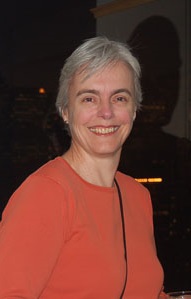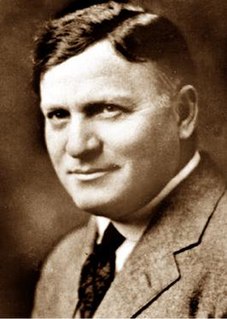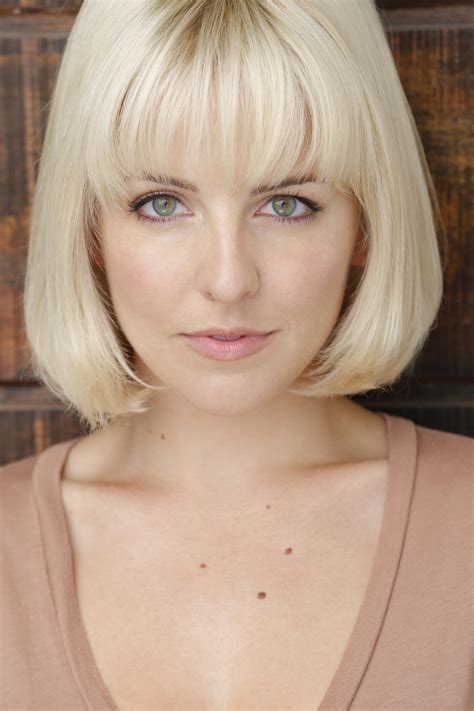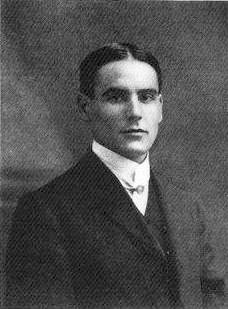A Quote by Tim Winton
It's dark already and I'm out here again, talking, telling the story to the quiet night.
Related Quotes
There is something about talking in the night, with the shreds of sleep around your ears, with the silences between one remark and another, the town dark and dreaming beyond your own walls. It draws the truth out of you, straight from its little dark pool down there, where usually you guard it so careful, and wave your hands over it and hum and haw to protect people's feelings, to protect your own . . . You can bring out the jaggedest feelings - if you are my wife and know how to state them calm - into the night quiet. They will float there for consideration, harming no one.
Ere you lie down to sleep in the night, sit still awhile, and nurse again to life your gentler self. Forget the restless, noisy spirit of the day, and encourage to speech the soft voices within you that timidly whisper of the peace of the quiet night; and occasionally look out at the quiet stars. The night will soothe you like a tender mother, folding you against her soft bosom, and hiding you from the harm of the world.
Narrative and metaphysics alike become flimsy and frivolous if they venture too far from the home base of all humanism - the single, simple human life that we all more or less lead, with its crude elementals of nurture and appetite, love and competition, the sunshine of well-being and the inevitable night of death. We each live this tale. Fiction has no reason to be embarrassed about telling the same story again and again, since we all, with infinite variations, experience the same story.
Once you play with these scenes and you're outlining it, again and again, and telling each other the narrative, and telling it to people you know, trying to make sure that the mathematics of the story work, you feel that those are in place, and the actual writing and final draft doesn't take as long.
I feel like I've kinda danced around telling the truest story I can for many years of my life. I've been a little distracted by trying to be shocking or edgy or cool or whatever, and by letting go of that and telling the truest story I can - even if it's about aliens and talking raccoons - it works.
In fiction the narrator is a performance of voice, and it can be any style of voice, but I'm interested in the ways that a voice that knows it's telling a story is actually telling a different story than it intends to. In the way that I can sit here and tell you what I had for breakfast, but I'm really telling you that I'm having an affair, something like that. And I don't think my writing is plain, but I think a lot of my characters are just talking. There is vulnerability there, in that we can start to see through them, we can start to see where they're deceiving themselves.
It's that moon again, slung so fat and low in the tropical night, calling out across a curdled sky and into the quivering ears of that dear old voice in the shadows, the Dark Passenger, nestled snug in the backseat of the Dodge K-car of Dexter's hypothetical soul. That rascal moon, that loudmouthed leering Lucifer, calling down across the empty sky to the dark hearts of the night monsters below, calling them away to their joyful playgrounds.
The seminal elements of what makes a story great - challenge, struggle, resolution - are the same whether we're talking about story content for a movie such as 'Rain Man,' or telling a purposeful story to forge new business relationships or conclude a fruitful transaction, such as acquiring an NBA franchise.
I think that people have to have a story. When you tell a story, most people are not good storytellers because they think it's about them. You have to make your story, whatever story it is you're telling, their story. So you have to get good at telling a story so they can identify themselves in your story.
The thing I always guard against when I'm talking to people I'm working with about a script is that there's a thing I don't like and it's called "talk story." It's when you're talking about the story; the characters are tasked with talking about the story instead of allowing the audience to experience the story.






































